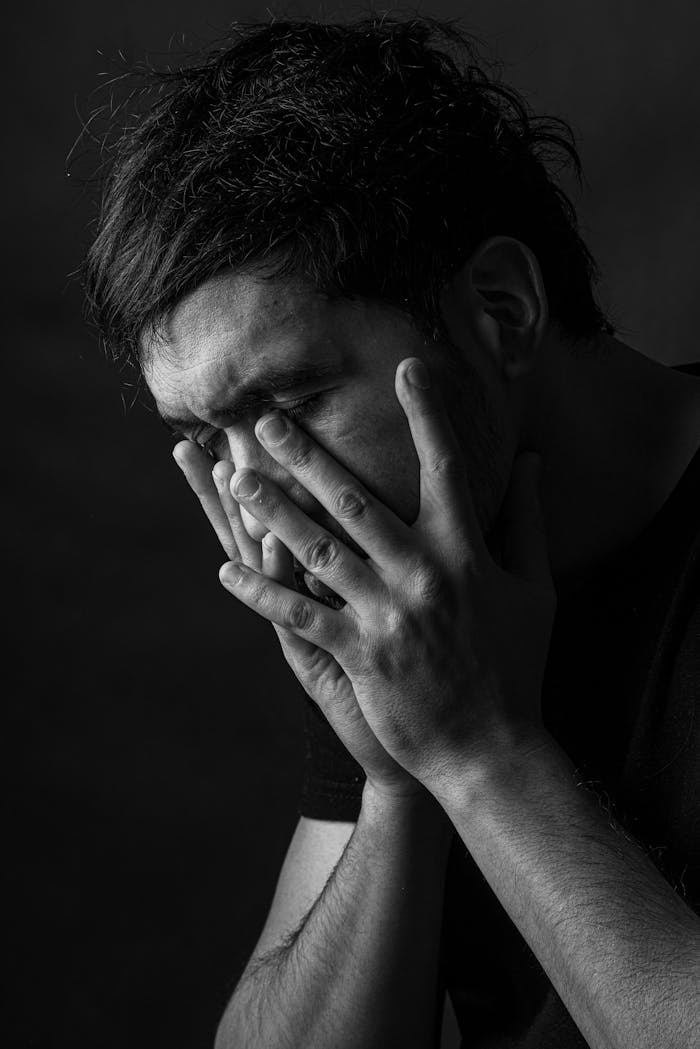










Latest News
How Much Does a Sleep Study Cost in Adelaide? Your Complete Guide
Sleep studies are important tools for diagnosing and treating sleep disorders. However, many people in…
Home Sleep Study in Adelaide: Affordable & Convenient Sleep Apnea Testing
Sleep apnea affects thousands of Australians, impacting their quality of life and long-term health. The…
How Retinal Treatments Are Transforming Eye Care
The field of retinal treatments has revolutionized modern ophthalmology, offering new hope for those suffering…
A Comprehensive Guide to Glaucoma Surgery and Recovery
Glaucoma is a leading cause of irreversible blindness worldwide, and early treatment is critical to…
Anxiety and Pain Treatment changed my life. The therapies and support I received were incredible and made a significant difference in my recovery journey.

John Doe
Thanks to this center, I have learned to manage my anxiety effectively. The team is supportive and truly cares about each individual’s progress.

Emily Smith
The personalized approach and strategies provided helped me regain control over my life. I can’t thank them enough for their support.

Sarah Johnson




